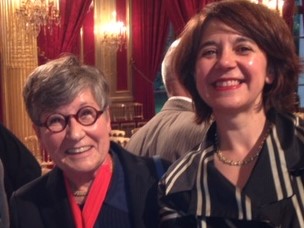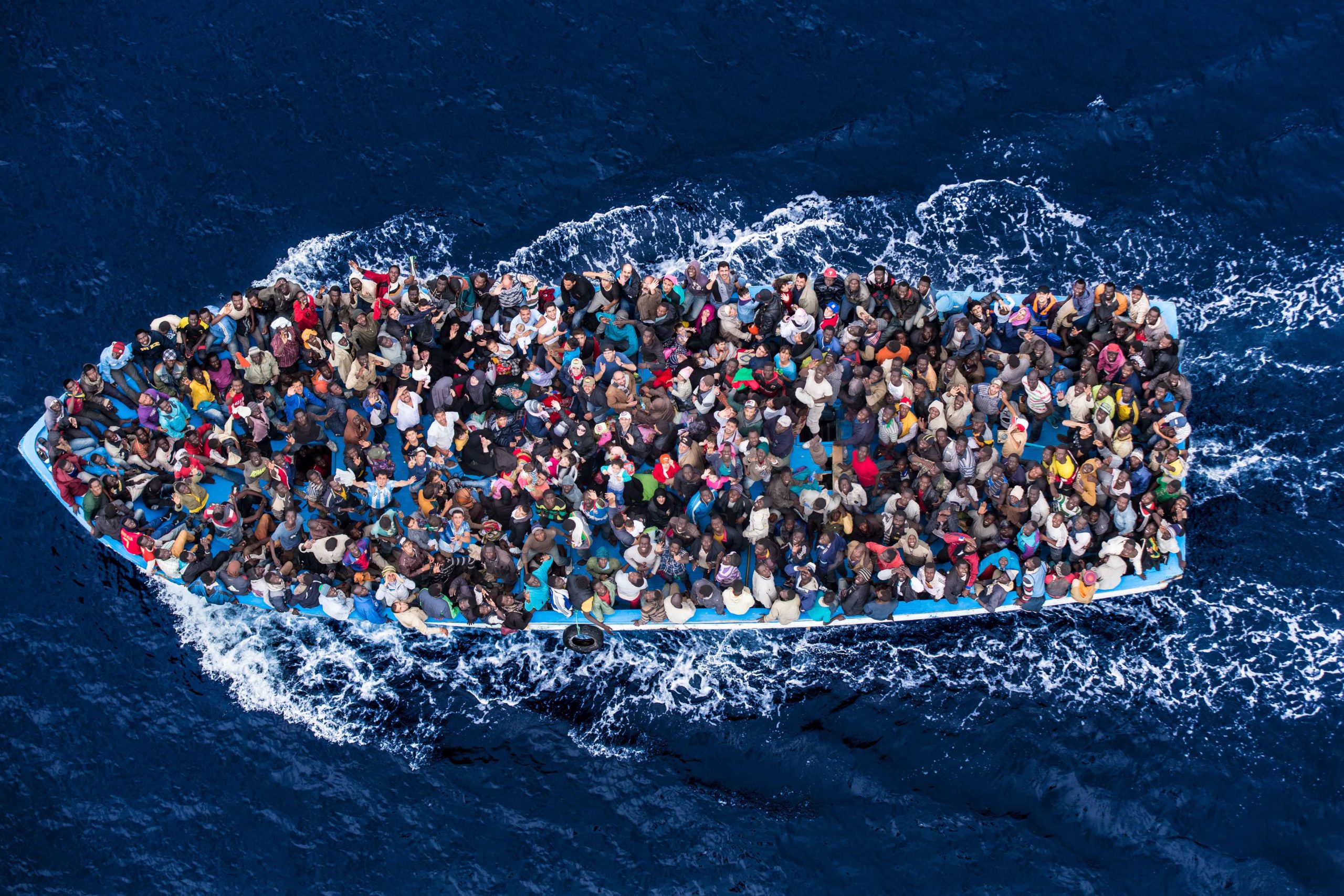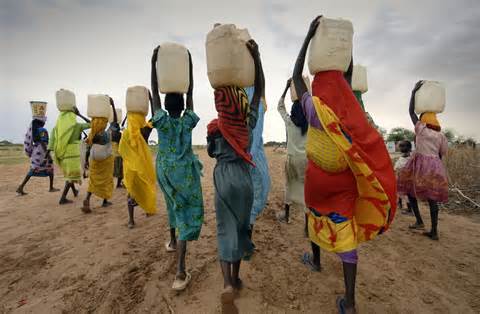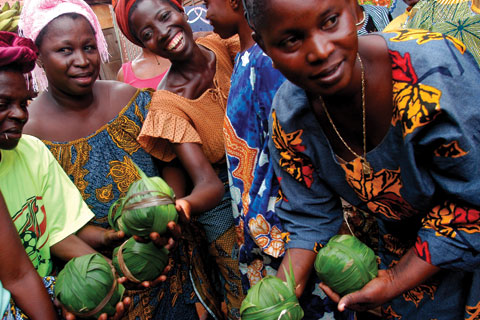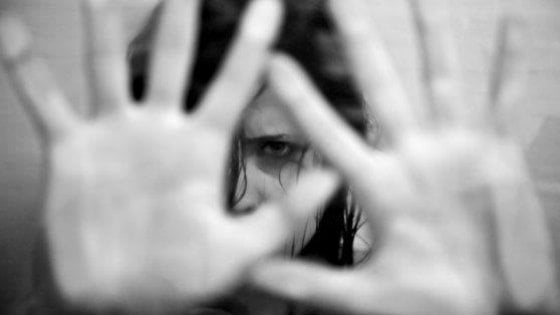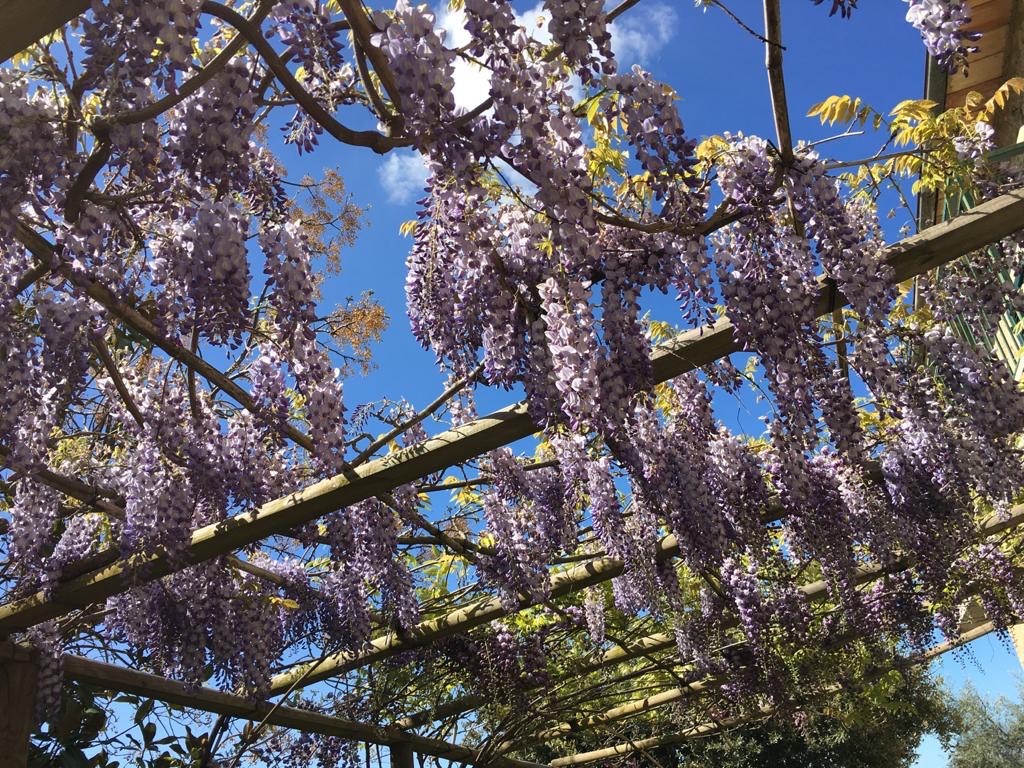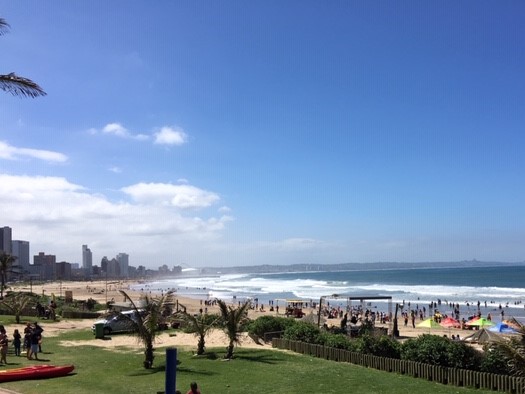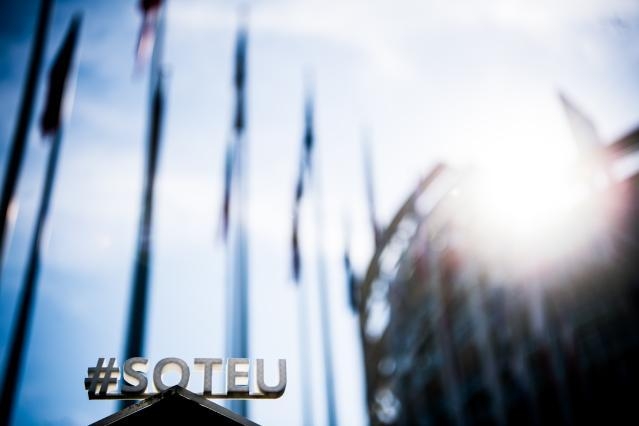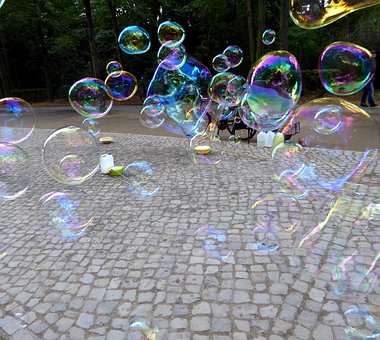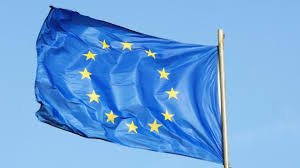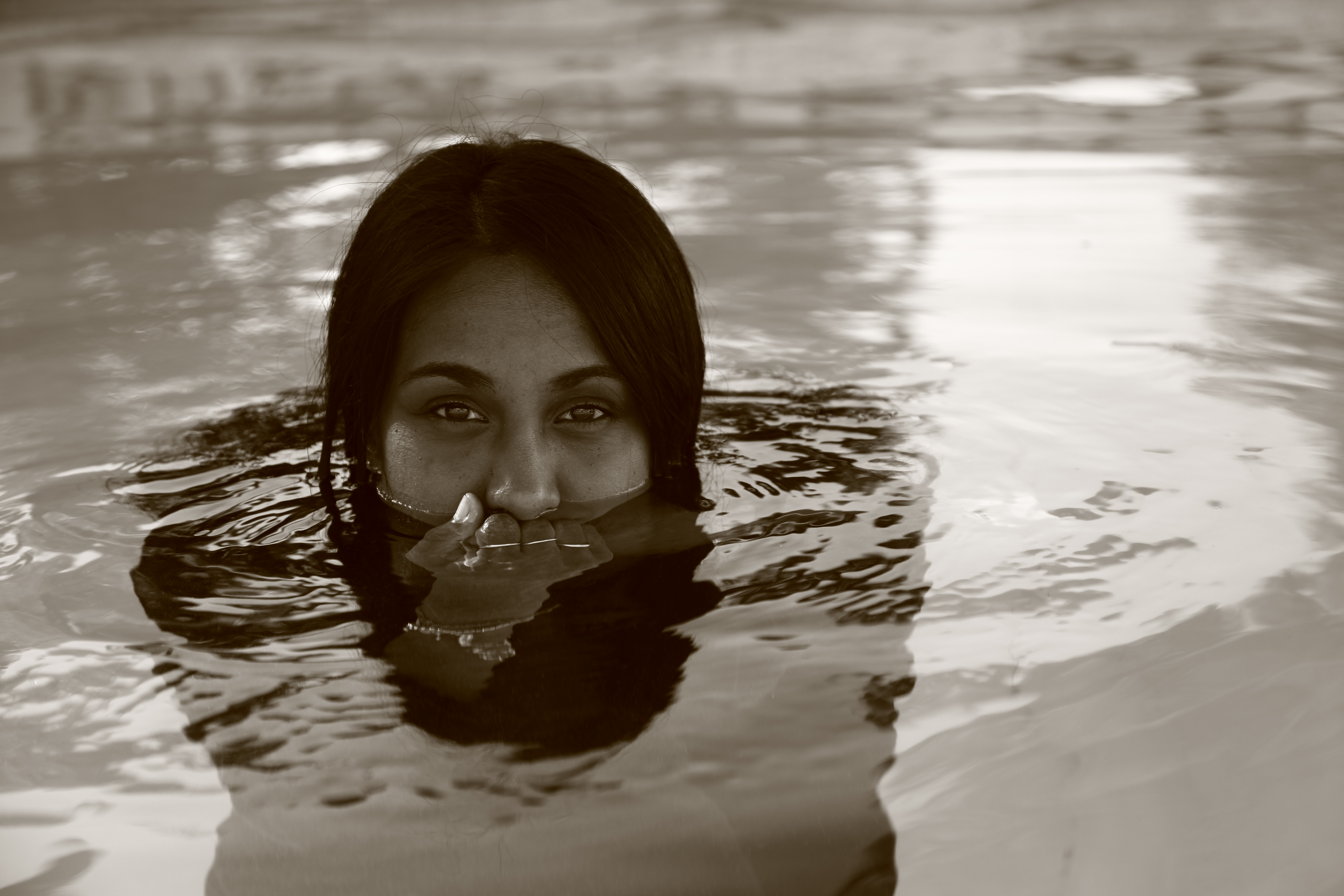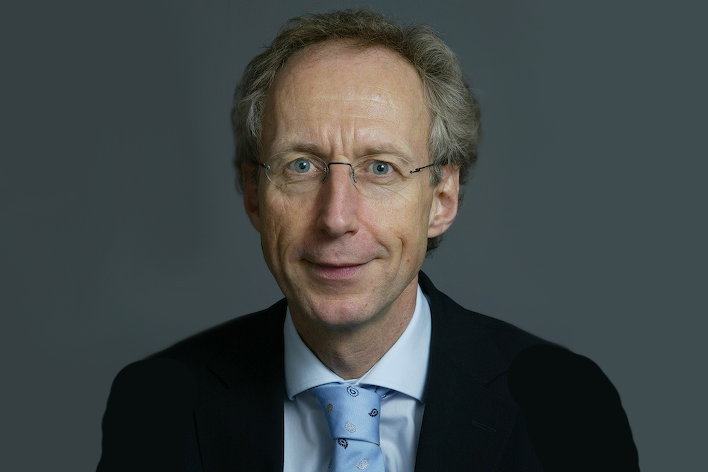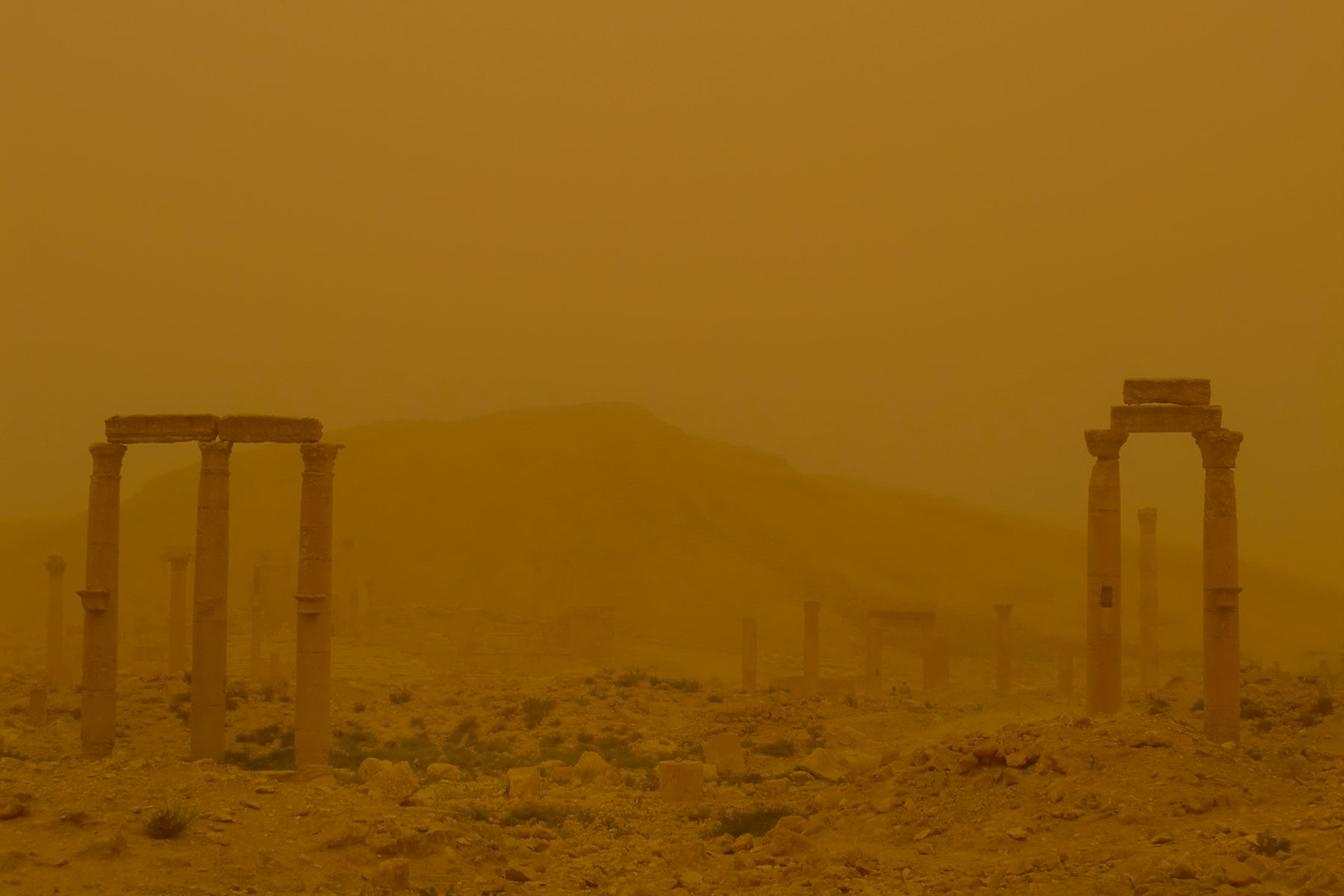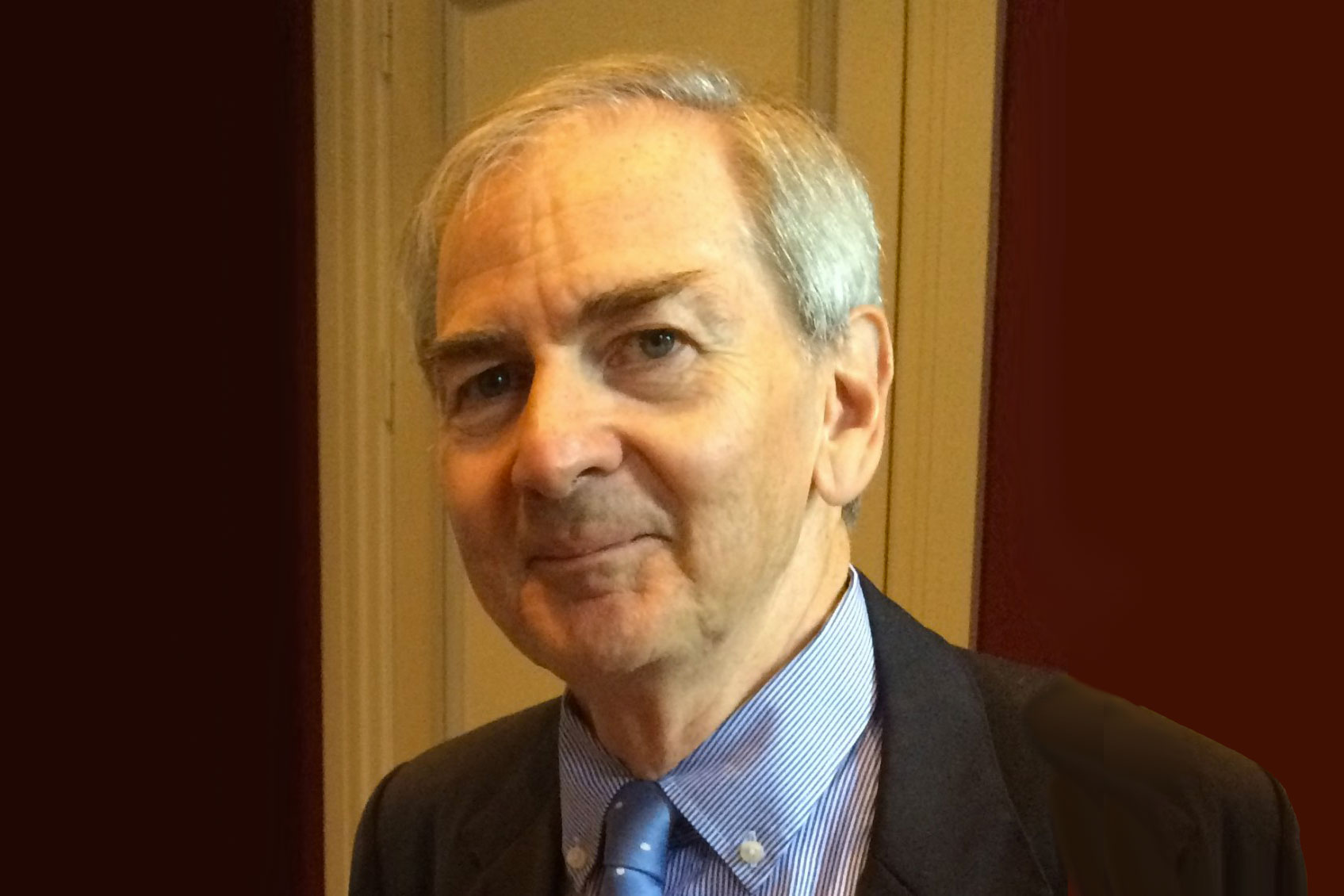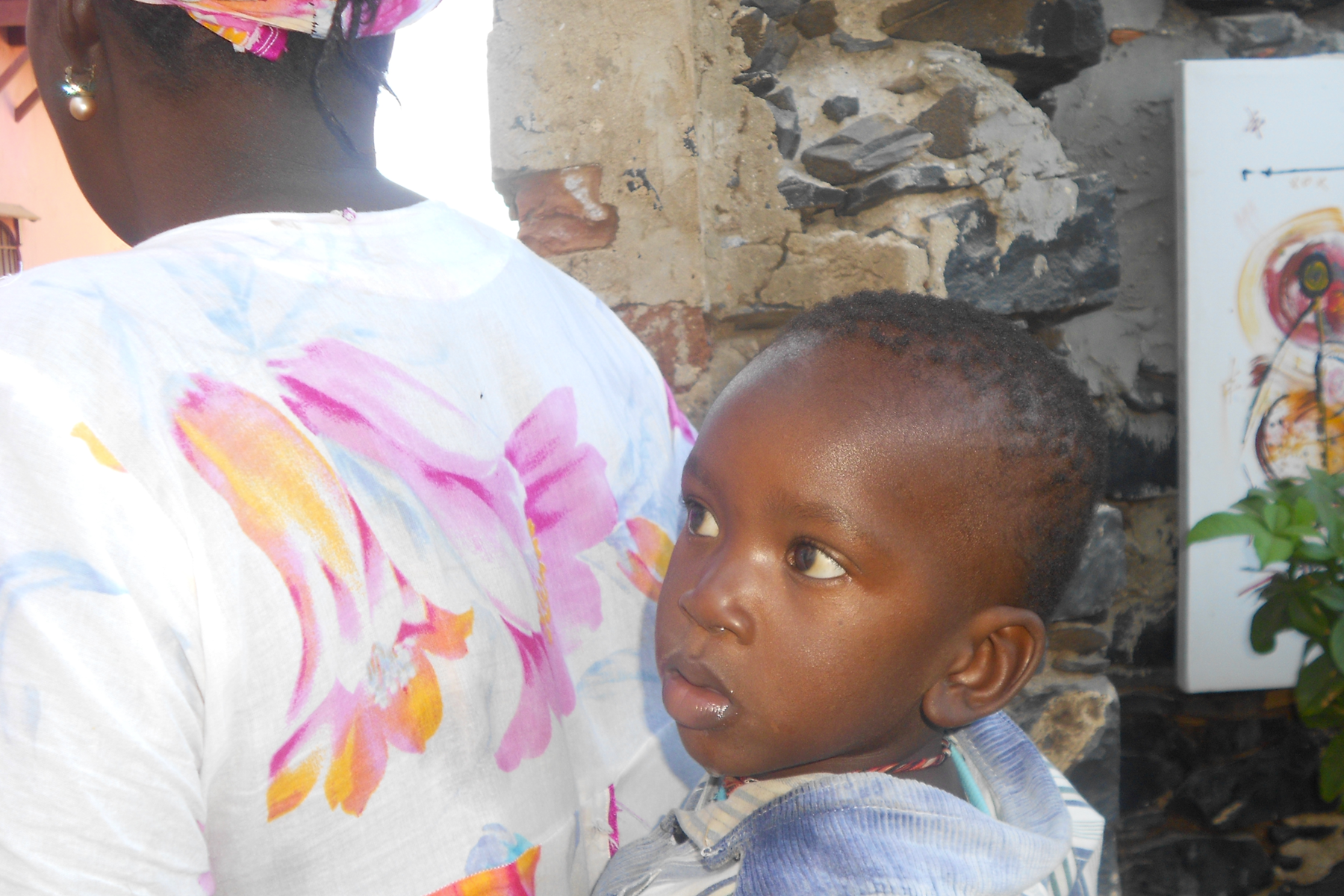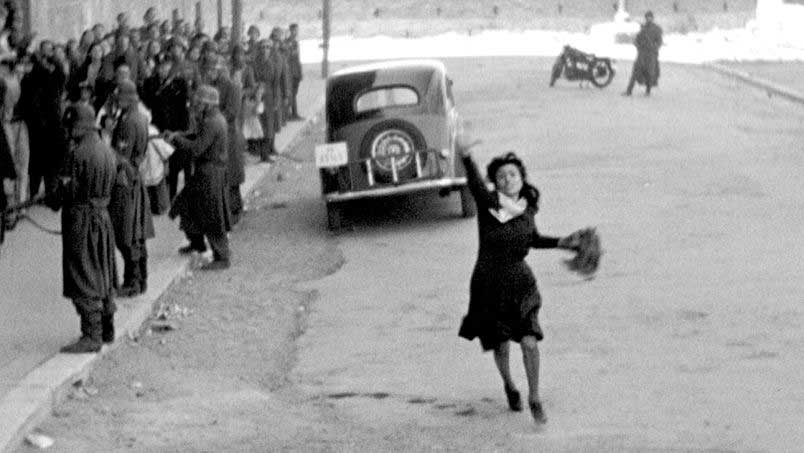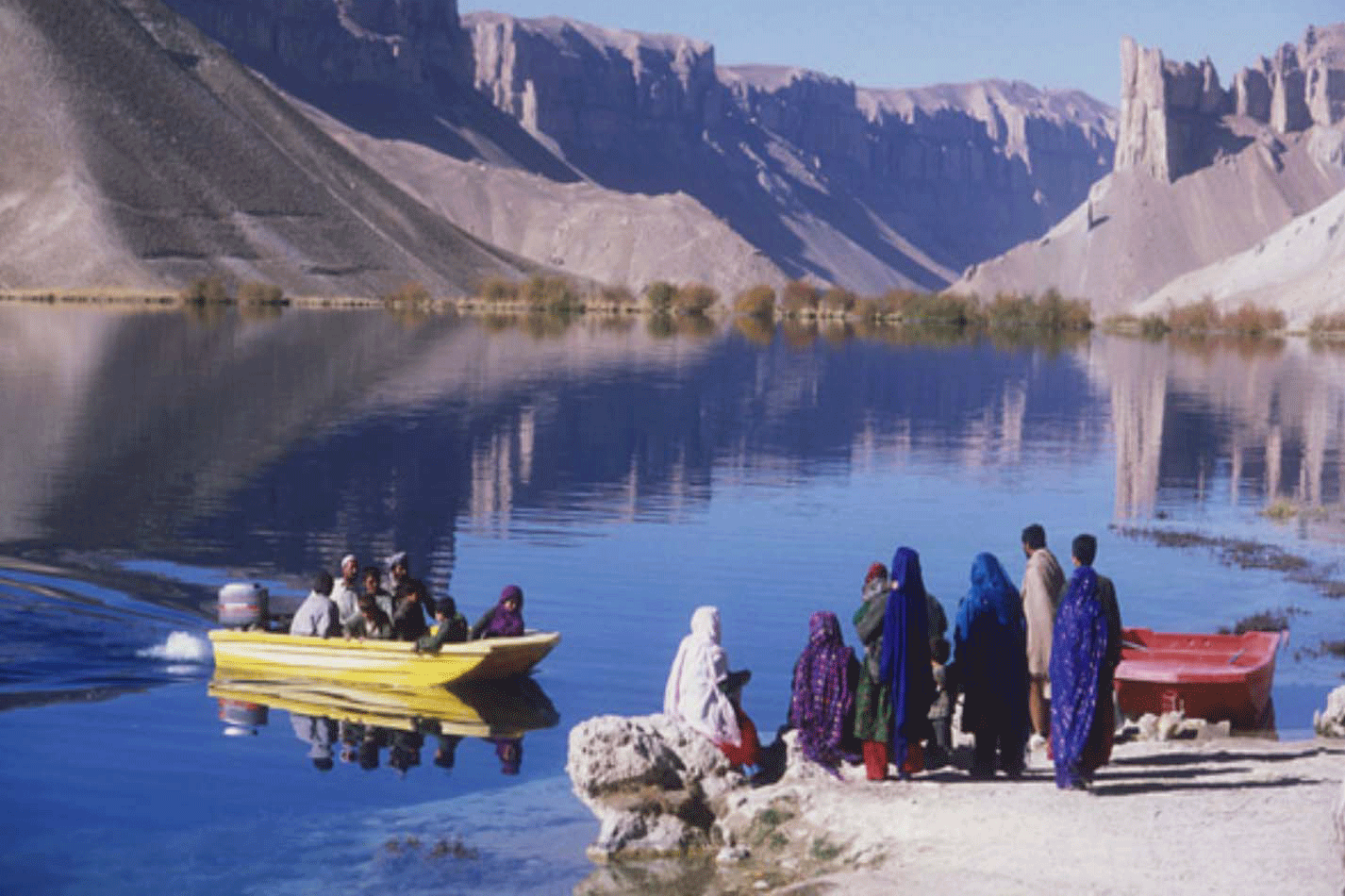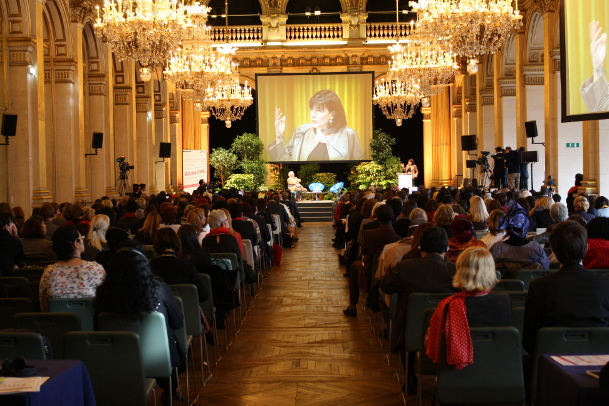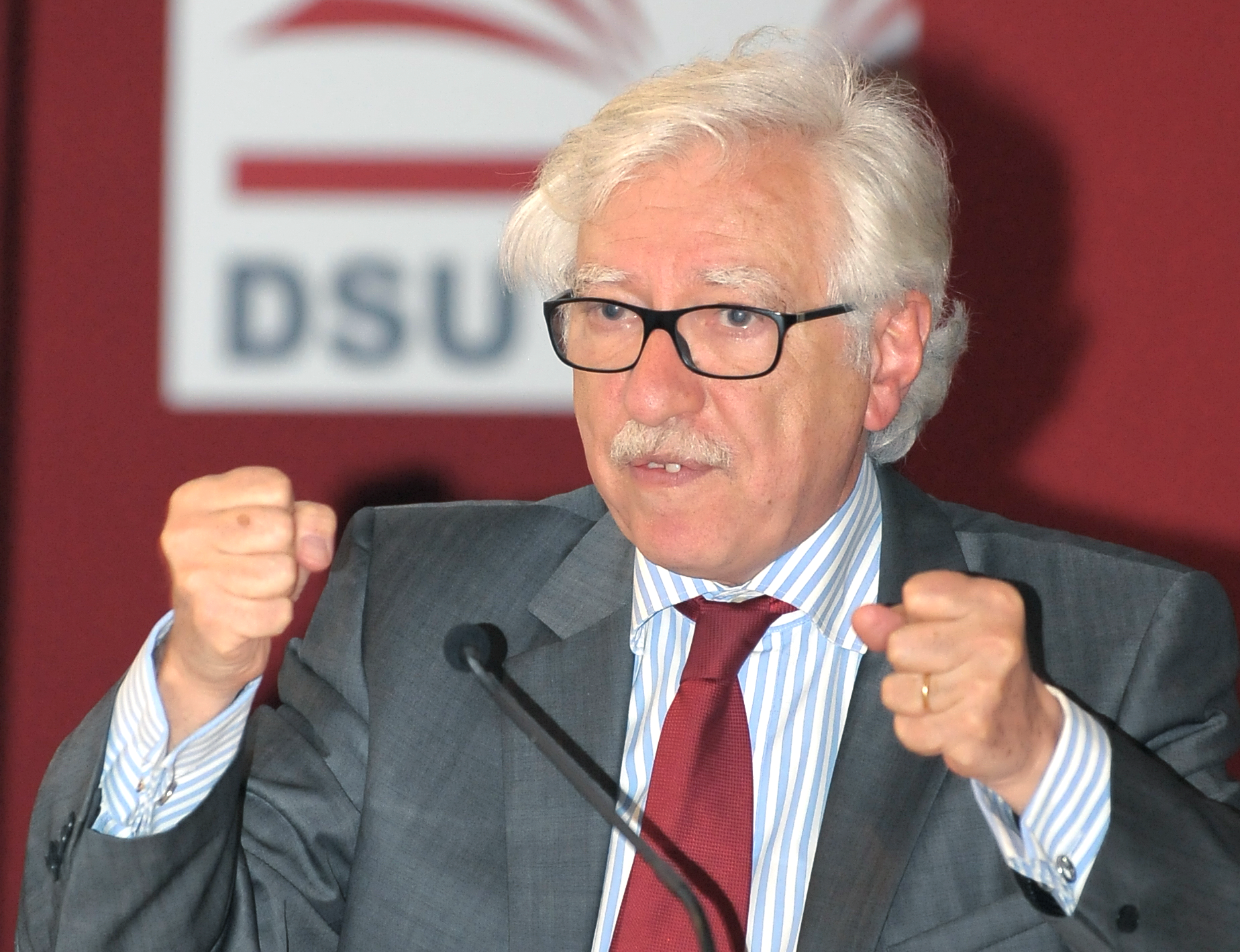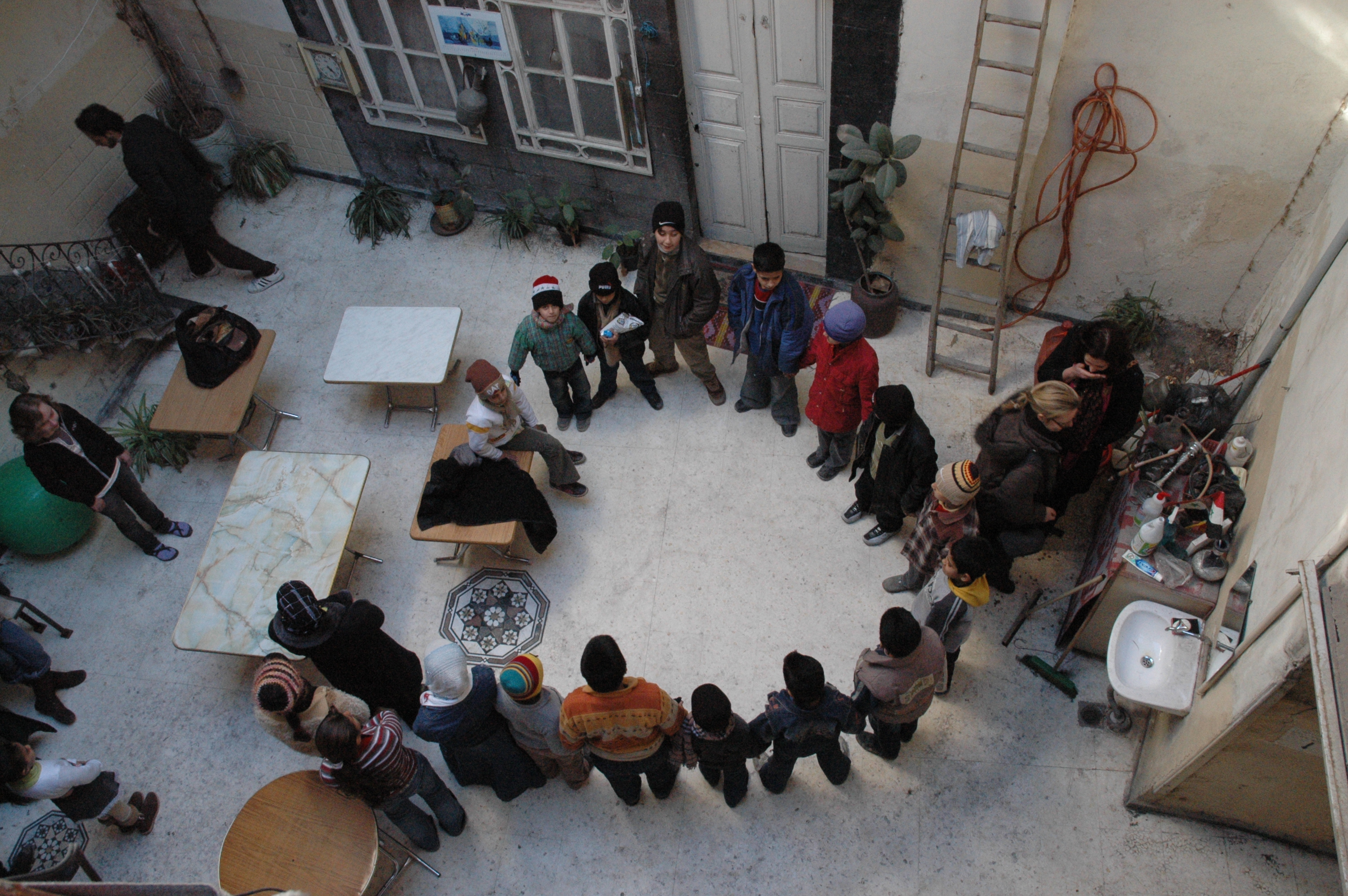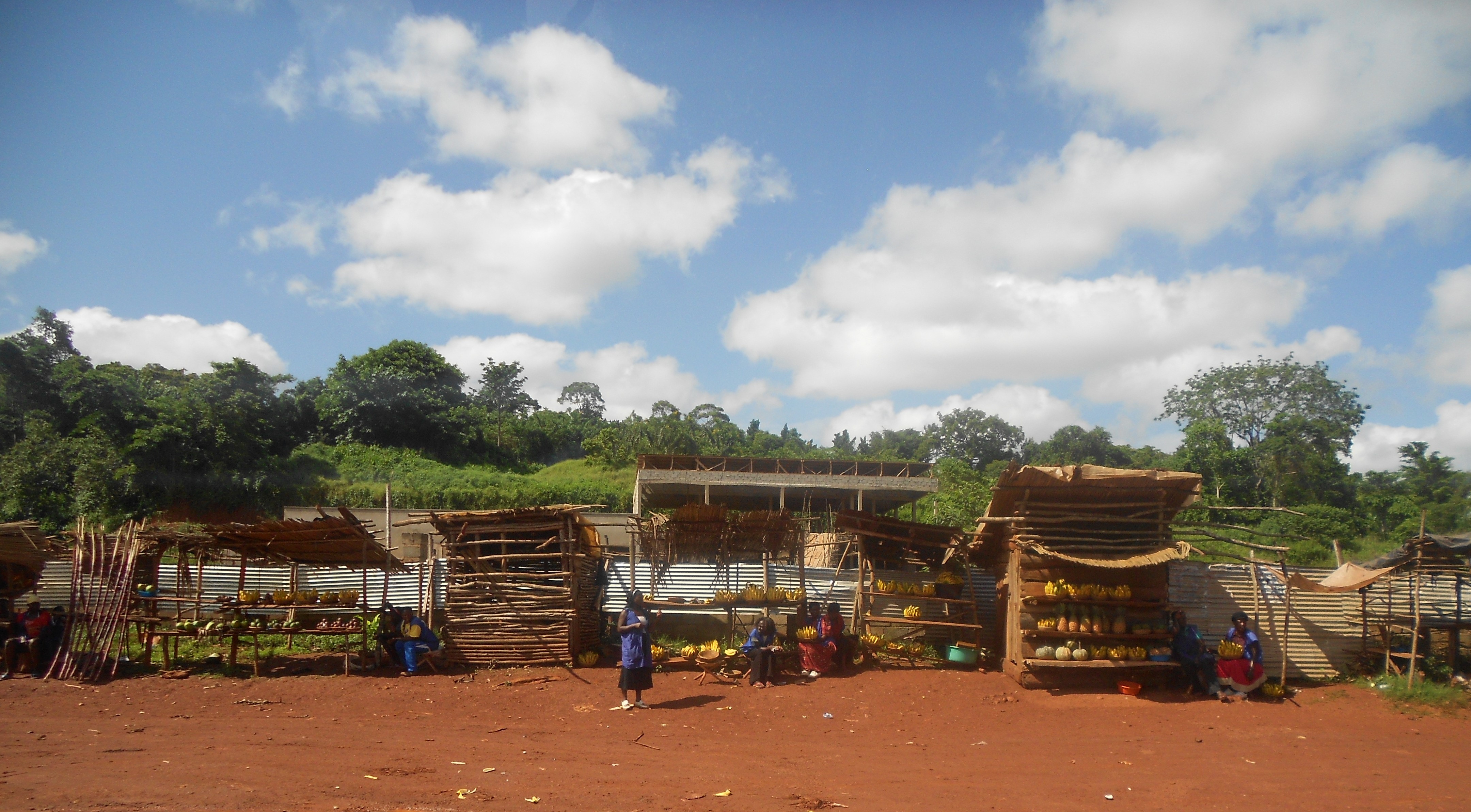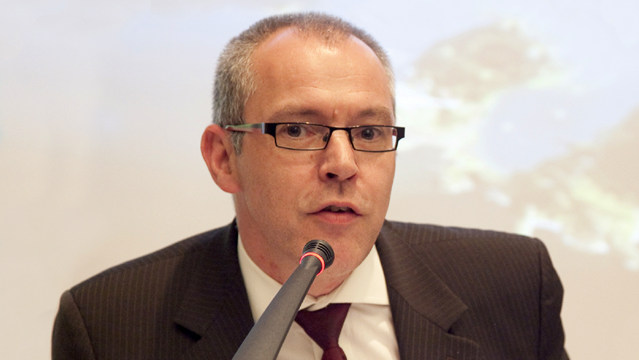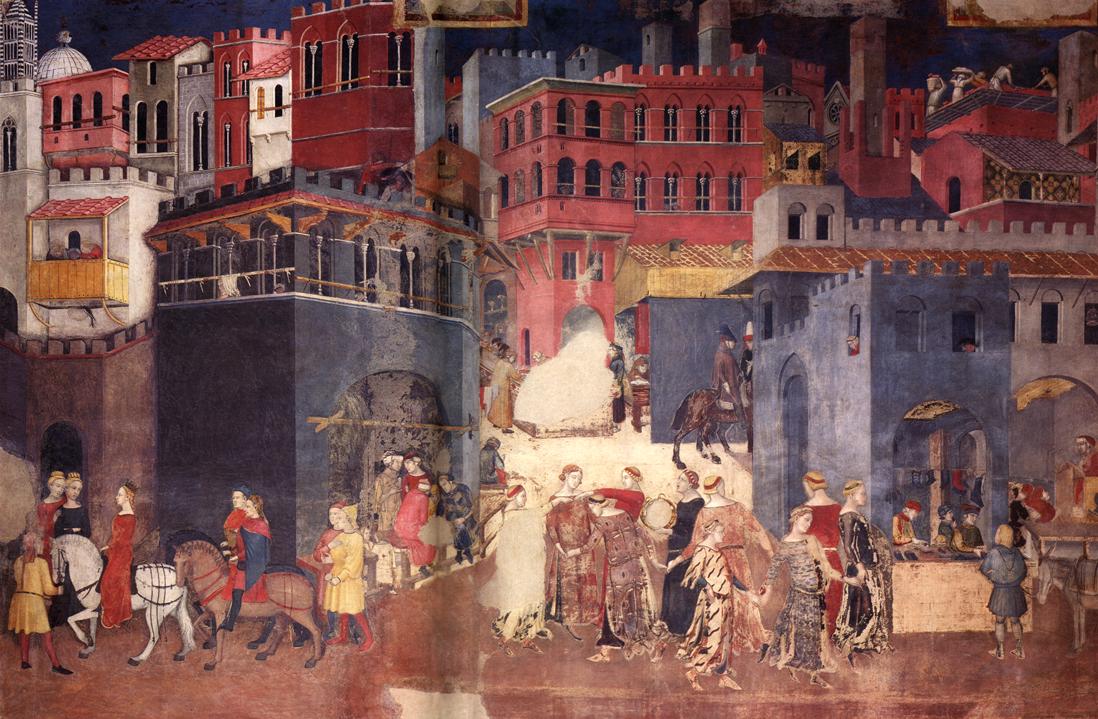A Europe of citizens: moments…and comments !
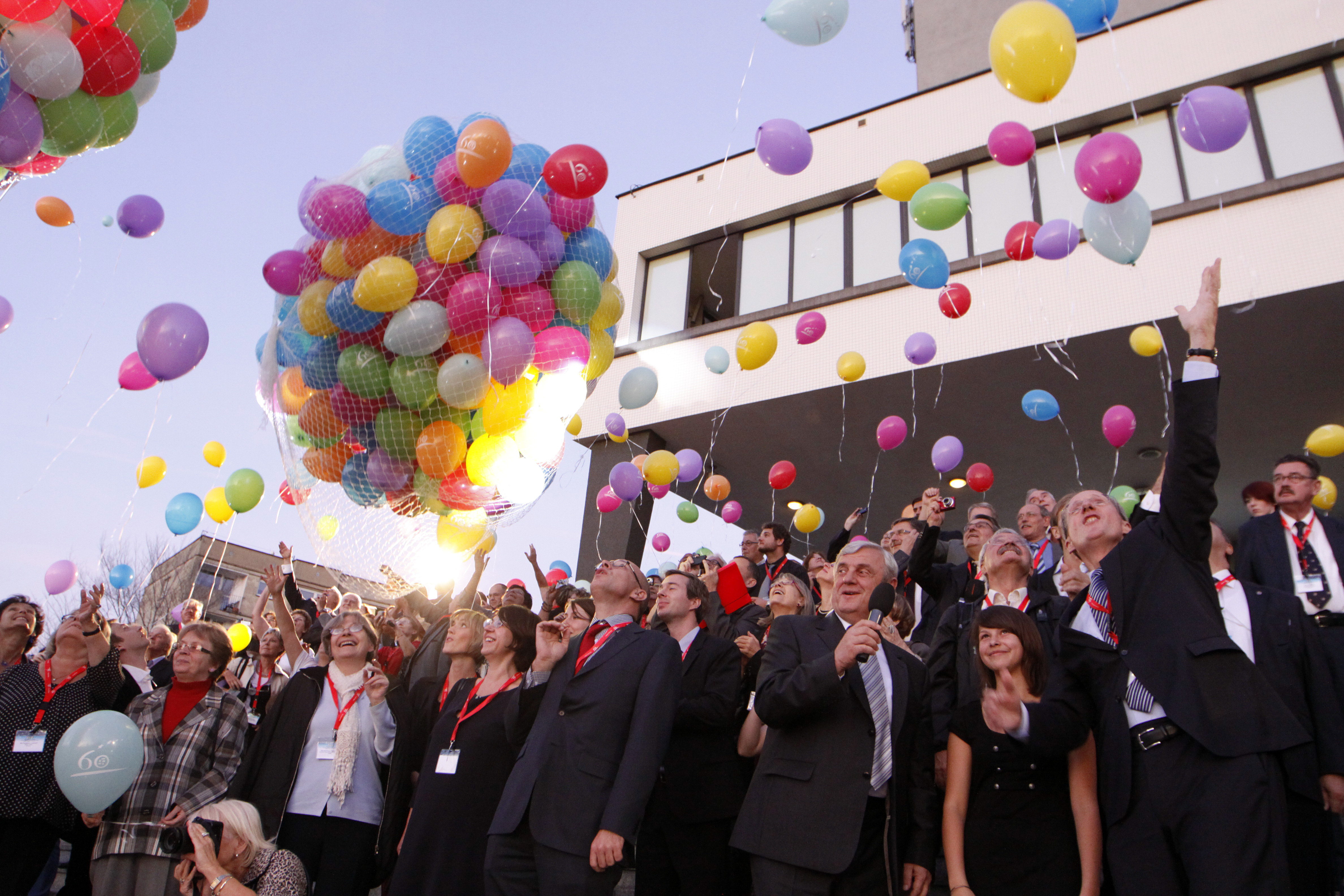
The Council of European Municipalities and Regions (CEMR – European Section of UCLG) organised a conference in Rome last 15-16 December, as part of activities organised during the Italian Presidency of the European Union, entitled “Citizen in my city – Citizen in Europe!”.
The conference brought local officials from all the member countries together to debate and exchange views on Europe, in particular European citizenship and the role of twinning.
As I had been in charge of the organisation of previous conferences, I was pleased to accept CEMR’s invitation to facilitate one of the Rome Conference sessions (focusing on equality: I will be coming back to this theme in my next article!).
This major event for CEMR members led me to reflect upon the points that I wish to share with you here.
► The importance of these events and the role of CEMR.
I have organised and taken part in many meetings, seminars and conferences on Europe. I never fail to be amazed that each time, I think to myself, “we spoke about the same dream, the same obstacles; but it was useful!”. These gatherings are actually the only opportunities that elected representatives, representatives from institutions and citizens have where they can discuss Europe together!
The Rome Conference kindled memories I had of past conferences on citizenship and twinning and of the different political contexts under which each had taken place.
The 2002 conference was held in Antwerp as it was hosted by our Belgian friends(1), notably CEMR’s Flemish association, and was attended by nearly 500 participants. The Conference took place against the background of the enlargement of the Union to the Eastern European countries and ensuring the success of this process was the priority for Brussels. Thus, the European Commission decided at the time to update and adjust the citizenship and twinning programme(2) to these new circumstances, while respecting the wish of European towns that the programme continue to encourage citizens’ participation in European construction, but that it also promote exchanges among elected representatives and the training of local administrators.
Then, there was Rhodes in 2007. A conference was held there which brought together more than 600 elected representatives, administrators and activists from 32 countries to debate “Twinning for tomorrow’s world”, and was hosted by CEMR’s Greek association (3) and the City of Rhodes. CEMR provided rather outstanding organisation with innovative initiatives to meet the needs of twinning proponents. The Rhodes Conference took place alongside an action undertaken by CEMR to promote local authorities’ participation in development cooperation. In point of fact, more and more European twinned towns had links with towns in developing countries. Following the debates in Rhodes, CEMR launched their site promoting twinning links between towns in Europe and the rest of the world (www.twinning.org), and created Platforma under the Non-State Actors and Local Authorities programme (see the article I posted in October 2014).
Lastly, there was the event held in Rybnik in 2011. This Conference, which was held during the Polish Presidency of the EU and hosted by the Association of Polish Cities(4), focused on the theme of “remembrance”, with the organisation of a commemoration ceremony at Auschwitz.
Remembering this ceremony always takes me back to that moment of humanity coming together, which was shared by the representatives from different countries at Birkenau after their visit to Auschwitz, amidst an emotional silence (5) under a grey sky with the verses of Primo Levi (6) resonating in the air. Then, President Schuster(7) made some remarks and the testimony of one of the survivors of Auschwitz was presented (8).
He concluded his remarks by saying, “I stand before you here today, a survivor and former prisoner of the hell of KL Auschwitz. These words I speak, I also speak on behalf of my fellow prisoners. Those who survived will soon be departing from this world. The future of the world therefore lies in your hands”.
Lastly, I remember the symbol of eternal remembrance worn by the representatives of each European country as they placed a candle on the marble steles of the memorial.
The Conference on citizenship and twinning held in Rome last December once again brought together almost 300 elected representatives, local officials and representatives of NGOs at a time when the European Union is undergoing one of the most difficult periods in its history. Indeed, at a time when cities and municipalities face ever-decreasing resources needed to ensure the full exercise of their powers and citizens are in need of a substantial message of hope!

The President emeritus of CEMR , Valery Giscard d’Estaing, former President of the French Republic, told the participants, “The gap between citizens and Europe has become a chasm and our States, inward-looking as they are towards their purely national and short-term interests, have contributed to this significantly. Now more than ever, the voices of CEMR, its member associations and local and regional governments must be heard in the debate in support of an ambitious and efficient Europe that is close to its citizens.”
A position paper was approved by the members of CEMR at the end of the Conference and is available on CEMR’s website: www.ccre.org
► The European project and Europe’s place in the world.
Few Europeans today realise that the freedom to move freely, study and work in an area encompassing 28 countries, 19 of which use a single currency (the euro), is the result of a long struggle and a project carried forward by “visionaries”. After living through the atrocities of the Second World War, these visionaries declared, “never again!”
Today, the vision of peaceful co-existence has become a reality in Europe. Never before has Europe ever known such a long period of peace.
Our European Union project is unparalleled in the world. It triggers fears at times; but it has also inspired emulation on other continents, a very welcome development!
It is unfortunate that the political parties in the different countries have not taken it upon themselves to better explain Europe: its history, its functioning, the stakes involved – except when Europe becomes an “opportunity”, such as during a period of elections to the European Parliament – but even then only rarely explaining the true powers of this body – or when it is a matter of finding a scapegoat for the problems affecting our continent – by assigning the blame to Brussels, even when it is not justified!
It is also a shame that the press does not always perform its job the way it should and does not use its privileged position to disseminate better information on Europe! I sometimes have the feeling that the training and knowledge that the journalists themselves have received on the subject are incomplete at best, which allow them to make hasty assertions when they could in fact spread the truth concerning many aspects!
In today’s open and globalised world, the European project has taken on a new meaning and impact.
Europeans must redefine their place in the world. They also need to agree on the values that they stand for and the message they wish to convey. Everyone agrees on the major principles but complex realities kick in as soon as it is a question of implementing policy and taking coordinated joint actions!
This is why we must not stop with a vast area of free exchange but continue with the construction of a political Union with common policies, allowing Europeans to speak with a single voice. Explanations must be given to the citizens about what this political Europe means, what it entails and what it can offer us as well!
►The need of true Europeans!
I had the good fortune and privilege of knowing well and working (for a time) with certain of the visionaries who were active in the European project from the start and who created CEMR: Lucien Sergent, Gianfranco Martini, Umberto Serafini.
These men had the idea, in 1951, of creating an organisation that would bring together European municipalities because they believed that the European Union could only succeed with the genuine participation of citizens.
Thus, they launched the town twinning movement as a way to reintroduce and reconnect citizens from countries on opposing sides of two world conflicts that had stirred up hatreds which threatened to ruin relations beyond repair.
Of course, the Europe of today is no longer the Europe of fifty years ago. But many of these men’s words have lost none of their significance.
Lucien Sergent, a delightful gentleman who is now 96 years old (and with whom I still immensely enjoy being able to have impassioned discussions!) and who told me just yesterday that he writes down his thoughts and comments on Europe every day! An economist and highly knowledgeable about local finance matters, he shared with me his admiration for Mario Draghi, President of the European Central Bank who recently announced that the ECB would be buying up public and private bonds in order to stimulate growth in Europe. “Europe needs men and women of courage,” he told me, adding, “Throughout (Europe’s) history, light has often come to us from the south!”. These words moved me… and almost brought tears to my eyes!
Speaking of light: in Rome, a ceremony was organised at the Campidoglio (Rome’s City Hall) in memory of Gianfranco Martini, and a prize bearing his name was awarded by CEMR to honour best European actions in town twinning.
Gianfranco Martini(10) was a spiritual father to me but also a grand-father, a trusted advisor, a friend. Even more than two years after his passing, I think of him every day and realise how much I miss him, not to mention our daily conversations!
In a book on Europe (11) that he co-authored, Gianfranco Martini quotes a passage from Jacques Maritain(12): “if a status quo of peace worthy of the name and of a lasting nature is to be established one day between peoples, it would depend not only on political, economic and financial negotiations, nor on legal measures issued by a supra-national institution capable of ensuring its coordination, but on a firm adherence to it as an inspirational incentive in humankind’s hearts and minds”.
In the wake of recent events that shocked Paris, France and Europe, this notion takes on a challenging note. It presents the idea of peace as a universal objective for humanity.
Seen in this light, now more than ever, Europe needs men and women who believe in the European Union as a political project and let us hope that they have the courage to say it and to explain it to the citizens!
This is when I remember the words of President Schuster at Auschwitz, “What was committed here by the dictatorship of Nazi Germany seems unthinkable. And yet it is the unbearable truth. Let us never forget that our current European Union arose from this rubble. Haunted by this spectre, the EU was founded on the principles of individual freedom, of a democratic state that upholds the rule of law and safeguards human rights but also on the basis of mutual solidarity.”
I believe that Europeans should all carry their message in their hearts and collective conscience. It is something that we can already begin to discuss more in schools, with educational programmes in each member country to explain better the European Union and this project, which remains after all the only one of its kind in the world!
(1)CEMR is represented in Belgium by the Union of Belgian Cities and Municipalities (www.uvcb-vbsg.be), the Association of the City and the Municipalities of the Brussels-Capital Region (www.avcb-vsgb.be), the Association of Flemish Cities and Municipalities (www.vvsg.be) and the Union of Cities and Municipalities of Wallonia (www.uvcw.be)
(2)The European twinning programme was created by the European Commission in 1989, after lengthy efforts by CEMR, with a vote by the European Parliament in favour of the Report by Nicole Fontaine. Later, twinning actions fell under the European programme “Europe for Citizens”, which was managed by the European Commission’s DG COM. This programme has been granted 185.4 million euro for the 2014-2020 period. For additional information, visit: www.eacea.ec.europa.eu
(3)The Greek Section of CEMR (KEDKE) is currently headed by Giorgos Patoulis, Mayor of Amaroussion (Region of Attica). Its Secretary General is Mr Ioannis Mouratoglou, Municipal Councillor of the City of Edessa. For more information, see: www.kedke.gr
(4)The Association of Polish Cities is based in Poznan and is directed by Andrzej Porawski. For more information, see: www.zmp.poznan.pl
(5)A brochure was distributed at the entrance to the Memorial in different languages in order to avoid having to translate any speeches during the ceremony.
(6)The poetry of Primo Levi found in the introduction to his book Se questo è un uomo. I was asked to read his poem in Italian during the opening ceremony; I had trouble getting the words out… there were then readings in French, English, German, Polish and Spanish.
(7)Wolfgang Schuster, former Mayor of Stuttgart, was President of CEMR from 2010 to 2013.
(8)Tadeusz Sobolewics, a Polish actor and author, was interned at Auschwitz in 1941 and issued the number 23053.
(9)Valéry Giscard d’Estaing was President of CEMR from 1997 to 2004 as President of the Auvergne Region.
(10)Gianfranco Martini, one of the founding fathers of CEMR, born in 1925, a lawyer by profession, began his political activism in Lendinara, where he was Mayor for many years. In 1953, he was a member of the Italian delegation that attended the first Congress of CEMR in Versailles. Along with Umberto Serafini, he founded the Italian Section, AICCRE, and served as its Secretary General until 1994. A staunch European who remained an activist until his death in October 2012, he was a member of the decision-making bodies of CEMR and the Council of Europe and was a strong advocate of promoting town twinning.
(11)Piccoli Padri by Roberto di Giovan Paolo and Gianfranco Martini. Iacobelli Editions 2010.
(11)Jacques Maritain: French philosopher (1882-1973).




 All news
All news
